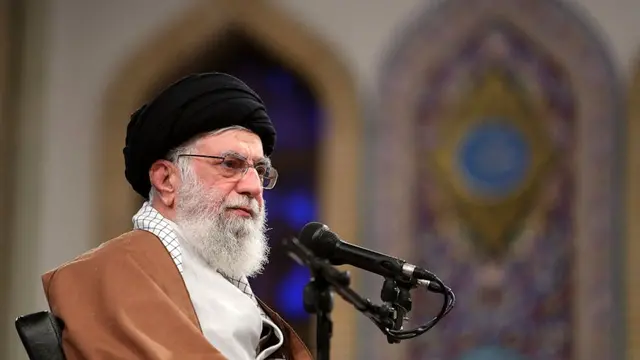The use of counter-censorship technology is increasing in Iran after the authorities blocked access to popular communications services.
Photo-sharing app Instagram and encrypted messaging app Telegram have been blocked in the country despite president Hassan Rouhani claiming he would allow "space for legal criticism" as demonstrations against the clerical regime continue.
Despite the potential disruption to communications provided by these blocks, the use of anonymity network Tor has increased to its highest ever number in the country.
There are almost 9,000 Tor users in Iran.
Metrics collected by the Tor developers show a spike in usage in recent days driving close to 9,000 users connecting to the network directly from Iran.
Tor encrypts its users' internet connections and relays them through other machines, allowing people to hide their location and identity from anyone engaging in network surveillance.
Metrics are not available regarding the use of Virtual Private Networks (VPNs) to route around the state's network controls, but they are known to be popular in the country.
Protesters gather in Tehran, as unrest spreads across Iran.
Dr Steven Murdoch, a researcher at UCL and a contributor to the Tor project, explained to Sky News how the Iranian authorities were able to block access to those apps.
"For the vast majority of internet services, including Instagram and Telegram, a user's device must connect to a particular IP address or domain name.
"A country who controls the user's internet connection can quite easily identify which IP addresses and domain names correspond to a particular service, and block them."
"It takes considerable effort to design a service that is resistant to such blocking, but it is possible," Dr Murdoch said.
"Tor is one example of a technology that allows its users to browse webpages that would otherwise be blocked. Virtual Private Networks (VPN) are another approach to bypass blocking, though it is possible that VPN services will keep track of what people do and hand this information over to government."
Iranian students scuffle with police at the University of Tehran.
The founder and chief executive of blocked app Telegram, Pavel Durov, said that the Iranian government was blocking access to his app because the company refused to shut down discussions regarding peaceful protests.
In a statement on Telegram, Mr Durov said: "We are proud that Telegram is used by thousands of massive opposition channels all over the world.
"We consider freedom of speech an undeniable human right, and would rather get blocked in a country by its authorities than limit peaceful expression of alternative opinions."
President Trump tweeted: "Iran, the Number One State of Sponsored Terror with numerous violations of Human Rights occurring on an hourly basis, has now closed down the Internet so that peaceful demonstrators cannot communicate. Not good!"
He added: "Iran is failing at every level despite the terrible deal made with them by the Obama Administration. The great Iranian people have been repressed for many years. They are hungry for food & for freedom. Along with human rights, the wealth of Iran is being looted. TIME FOR CHANGE!"
Ironically, US sanctions may be hindering Iranians' ability to circumvent the clerical regime's censorship.
Dr Murdoch told Sky News that "the instant messaging service Signal also has the ability to bypass blocking, by disguising itself amongst Google's services. This technique has been deployed in Egypt and UAE.
"However as a result of US sanctions, Google blocks users from Iran from accessing many of its services, including the one that Signal uses to resist blocking."
Google did not immediately respond to Sky News for comment regarding why this service would be covered by sanctions against Iran.
(SKY NEWS)
 简体中文
简体中文








